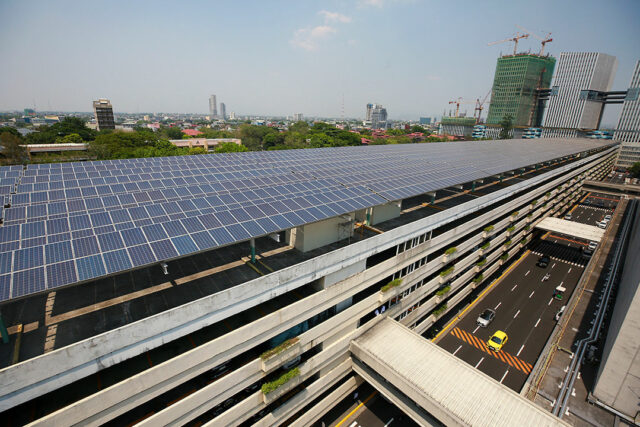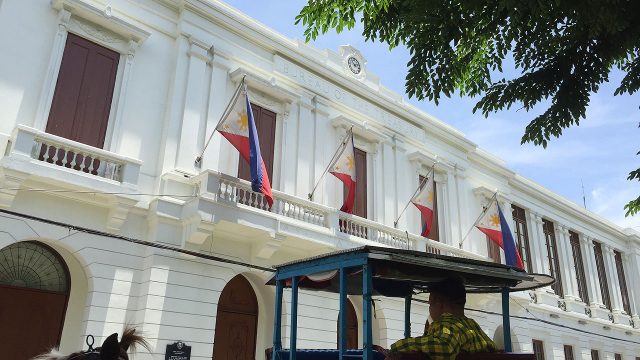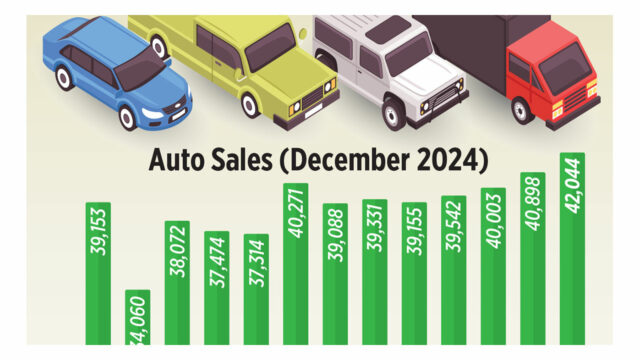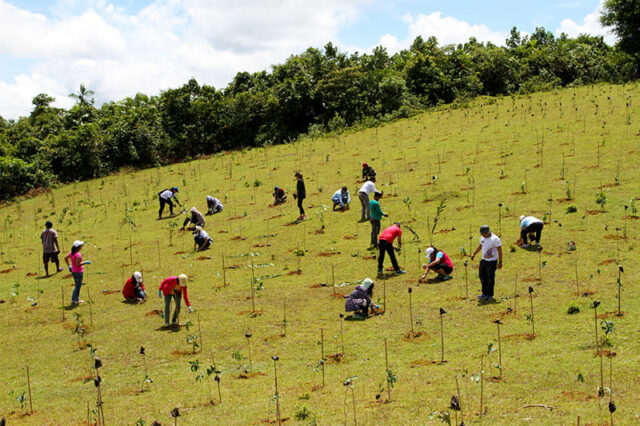By Patricia B. Mirasol, Multimedia Producer
SMALL Philippine companies can strive for stronger sales while ensuring sustainable corporate practices, according to small business owners.
Narrow profit margins and limited resources are some of the challenges these businesses face, but “there’s always a strategy,” Armando O. Bartolome, a business mentor and founder and president at GMB Franchise Developers, said in an interview. “You have to take the first step.”
The Southeast Asian nation has about 1.2 million micro, small and medium enterprises (MSME), accounting for more than 99% of its total enterprises, according to the government.
 Mr. Bartolome said cost-efficient measures such as the installation of light-emitting diode (LED) lamps, solar panels and inverter air conditioners go a long way in the pursuit of sustainability.
Mr. Bartolome said cost-efficient measures such as the installation of light-emitting diode (LED) lamps, solar panels and inverter air conditioners go a long way in the pursuit of sustainability.
LEDs use as much as 90% less energy and last up to 25 times longer than traditional incandescent bulbs. Users of solar panels, meanwhile, can avail themselves of the Energy department’s net-metering scheme to offset their electricity consumption.
Franchise business Tipid Sulit Laundromat gets its washing machines and dryers from Alliance Laundry Systems, a Wisconsin-based provider of commercial laundry systems.
The washing machines, which are customized for the Philippine market, consume 80 liters of water per load, Tipid Sulit co-owner Roderick F. Dilag said.
“In terms of water consumption, [our machines] are very economical,” he said in a virtual interview. “It uses 40% less water compared with other commercial brands.”
They use a combination of liquefied petroleum gas (LPG) and electricity to reduce electricity use. “Based on our computation, we save as much as P14 for every load.”
Products that made environmental, social, and governance claims grew 28% from 2017 to 2022, according to a 2023 study by McKinsey and NielsenIQ. Products that made no such claims, in comparison, grew 20%.
Consumers are also willing to spend an average of 9.7% more on sustainably produced or sourced goods, even as cost-of-living and inflationary concerns weigh, according to PricewaterhouseCooper’s 2024 Voice of the Consumer survey.
MSMEs that align themselves with these global sustainability trends can gain a competitive edge in international markets and meet the demand for eco-conscious options.
In its 2023-2028 MSME Development Plan, the Department of Trade and Industry (DTI) highlighted the circular economy, which creates a closed-loop system where materials are continuously repurposed, and green growth, which espouses economic growth that is good for the planet, as ways for MSMEs to scale sustainably.
The initial investment and the raw materials needed, however, are among the reasons people perceive eco-friendly business practices as expensive. Implementing these often requires an investment in energy-efficient appliances. Sustainable products also use ethically sourced materials, which may be more costly.
A solar system that can generate 3,000 watts of electricity, for instance, costs about P145,000 to P200,000.
While Mr. Bartolome noted the importance of an entrepreneur’s passion and persistence in championing sustainability, he said incentives are key to further promoting this concept.
“I have yet to see the government give incentives to MSMEs to go solar,” he pointed out. “In the US, when you have a solar panel installed, they give rebates.”
There also isn’t enough collaboration between the private and public sectors, he said.
“If you’re into agriculture, for example, can the government help [connect] you with farmers?”
Among the DTI’s programs is Green Economic Development, which helps MSMEs adopt climate-smart, environment-friendly and inclusive measures.
“Engaging MSMEs in sustainable business practices is a huge challenge and a huge opportunity,” said Katreena V. Pillejera, Philippine country manager at Global Reporting Initiative (GRI) ASEAN, in an Aug. 26 post on their website.
The 2024 pilot of its Sustainable Practices and Reporting Kickoff (SPARK) program, in collaboration with the DTI, “aims to use the power of sustainability reporting to reach more MSMEs and build their understanding of the value that comes from understanding their impacts.”
SPARK is the first stage of the five-year GRI-DTI initiative, which addresses sustainability issues related to supply chain practices and responsible procurement.
For Mr. Dilag, combining innovation and technology with green initiatives has translated to savings for the enterprise and made it more competitive.
Tipid Sulit Laundromat charges its customers 20-25% less because of its use of LPG, he said.
Its machines’ soft wash function uses earth-friendly chemicals that prevent skin allergies and clean fabrics such as silk.
The business is also exempted from having water treatment facilities due to the small amount of waste it generates.
“The Environment department has given us a certificate of noncompliance for water treatment facilities,” Mr. Dilag said. “Of course, we still need to have disposal facilities, but they don’t have to be as sophisticated as those of bigger companies.”
















